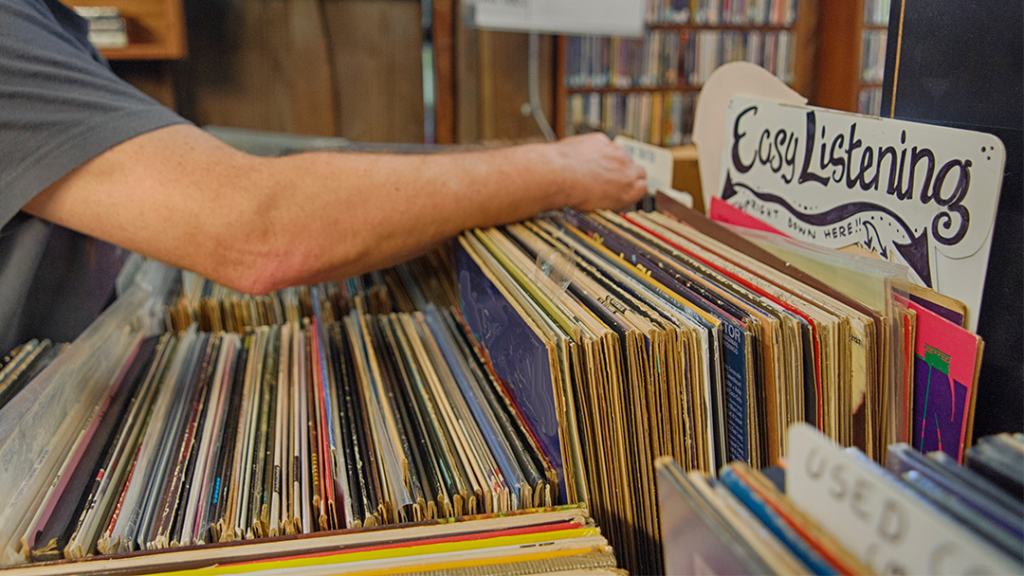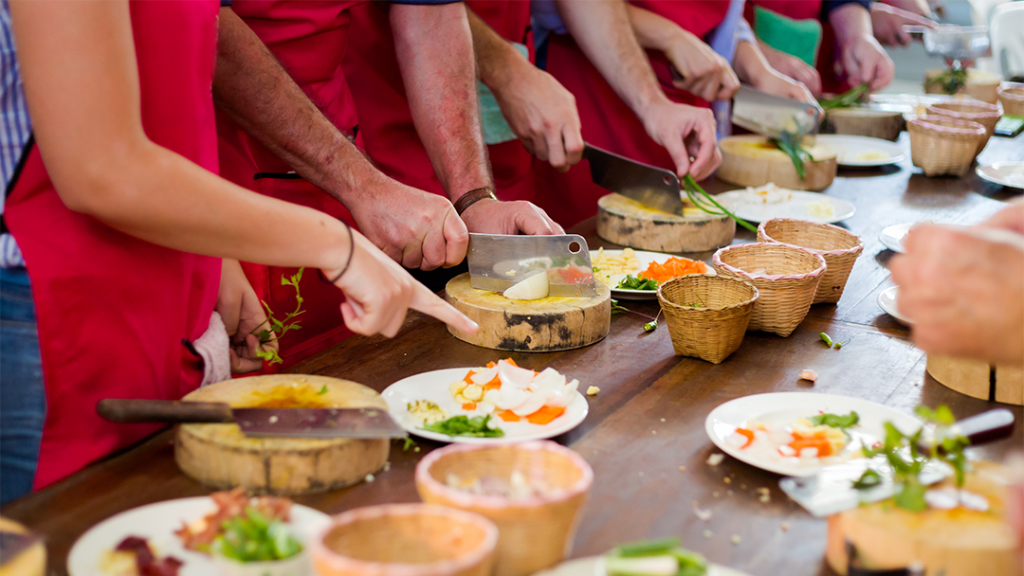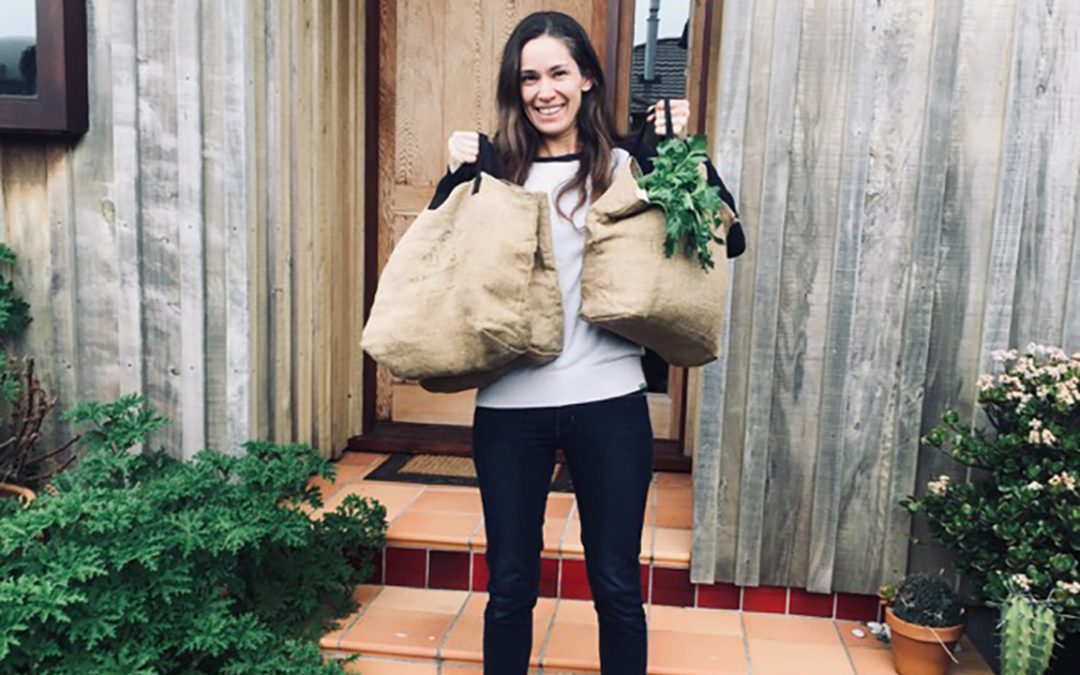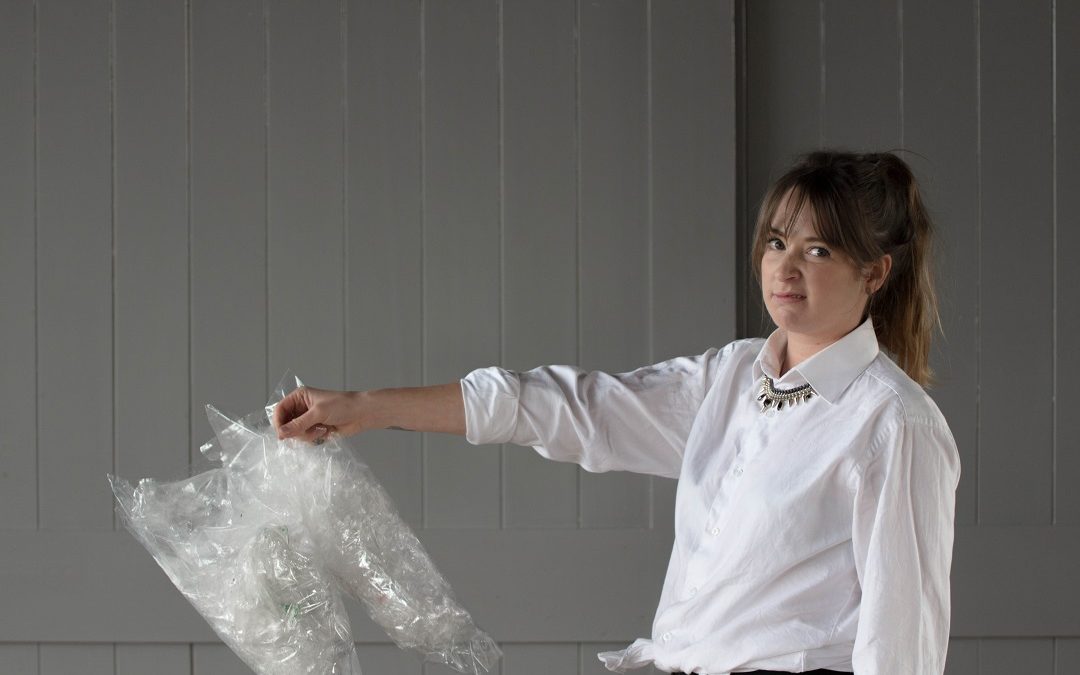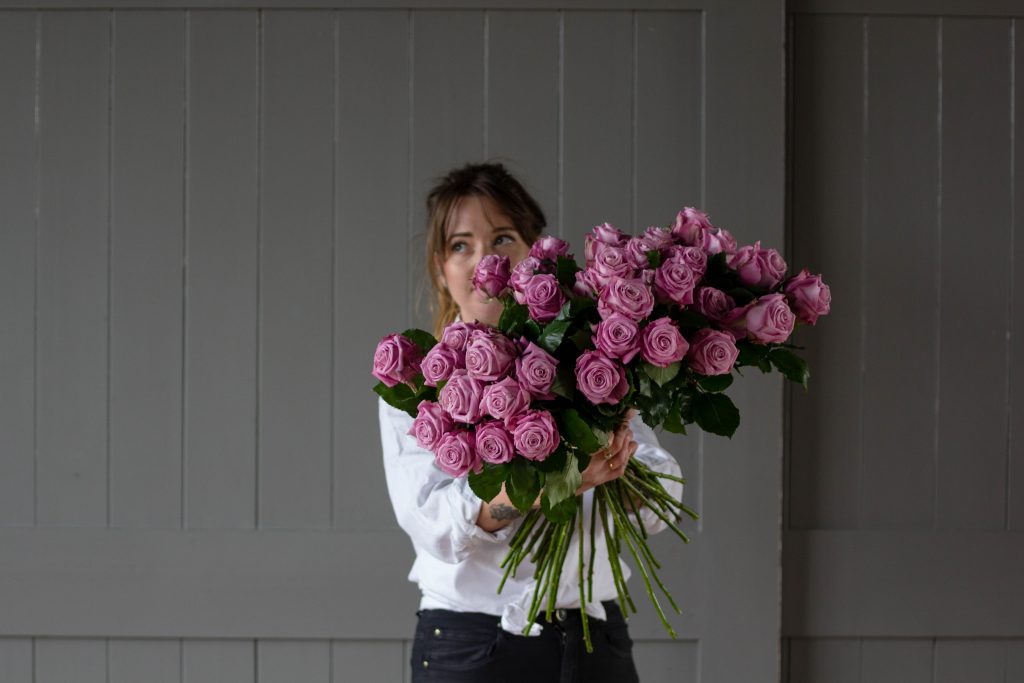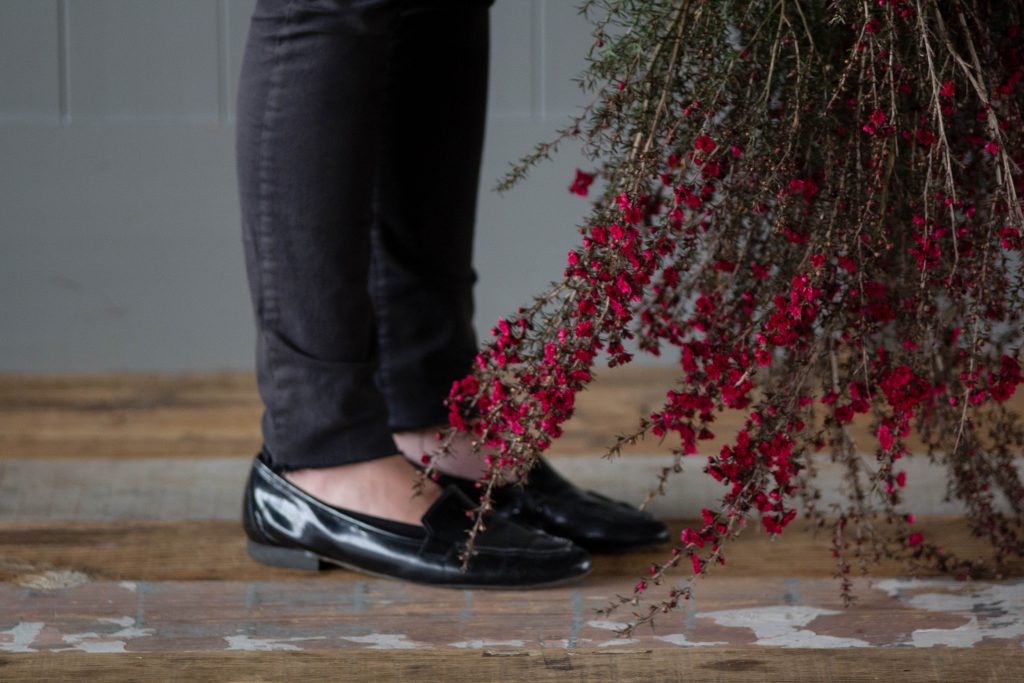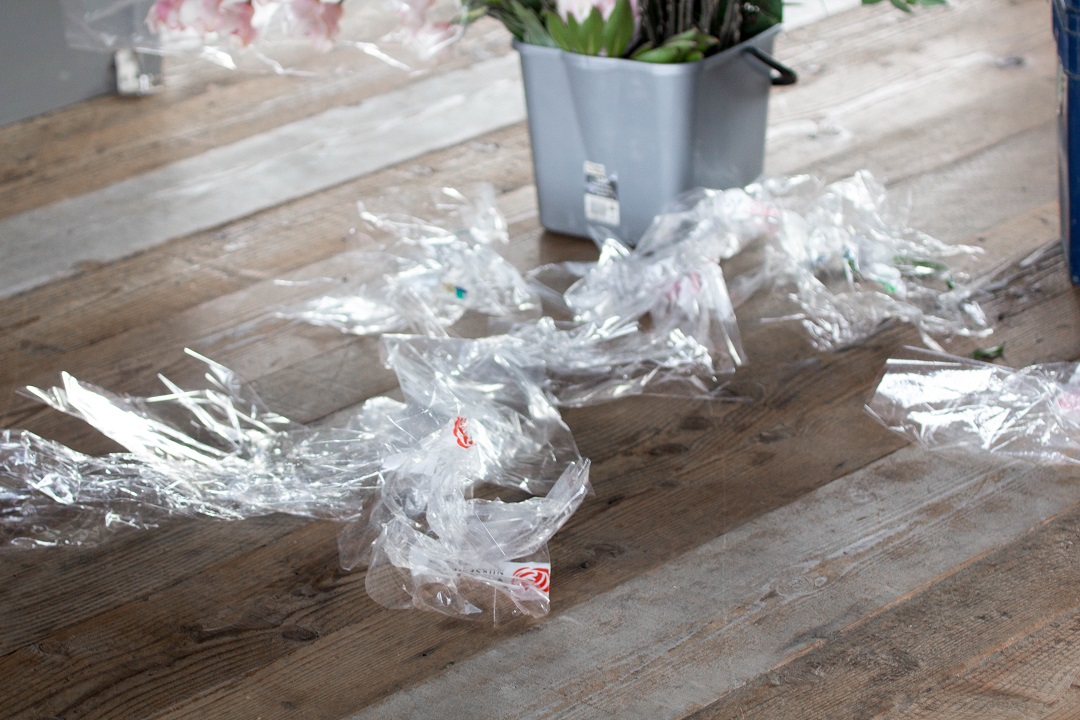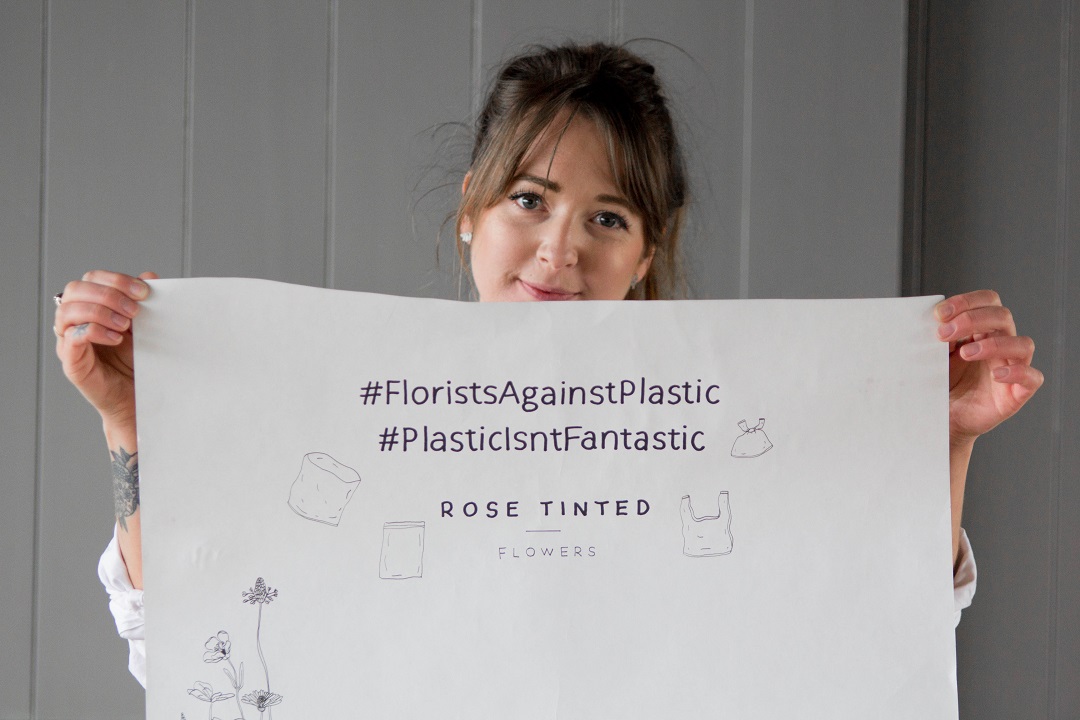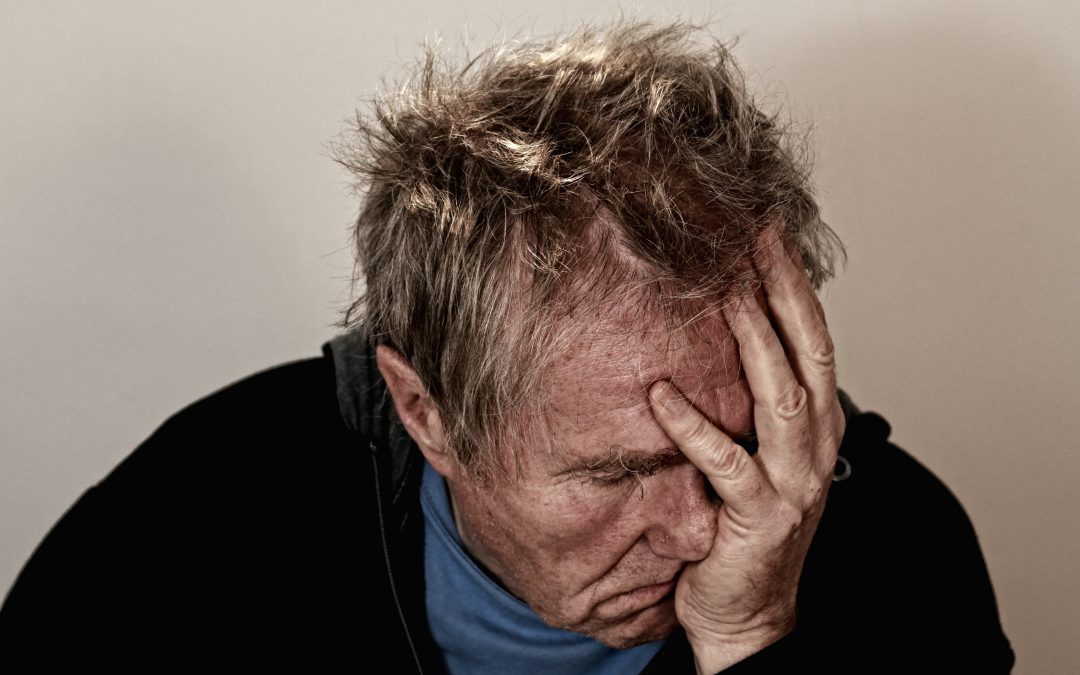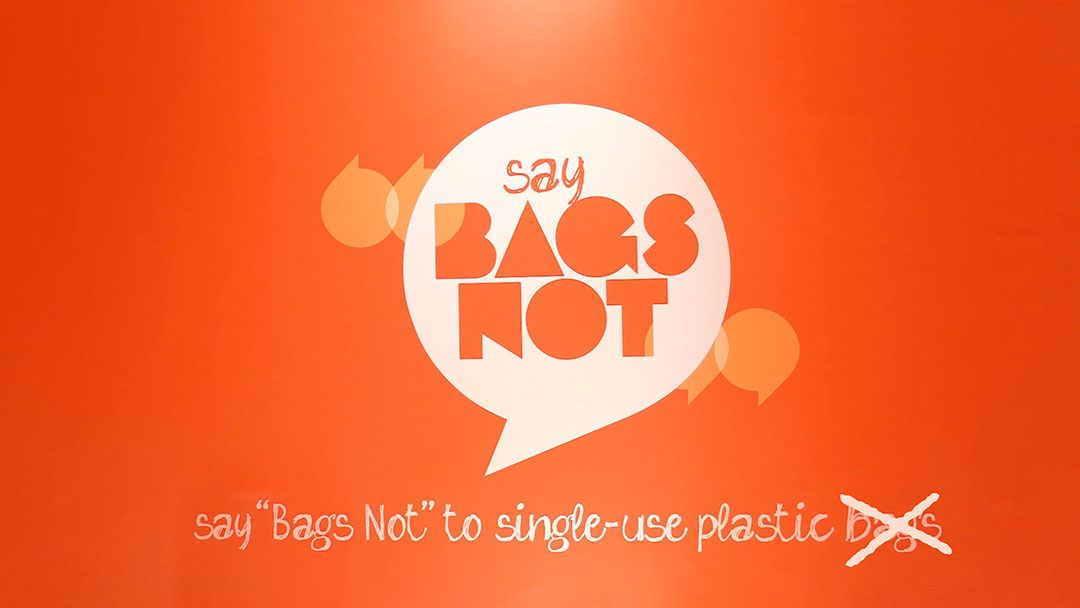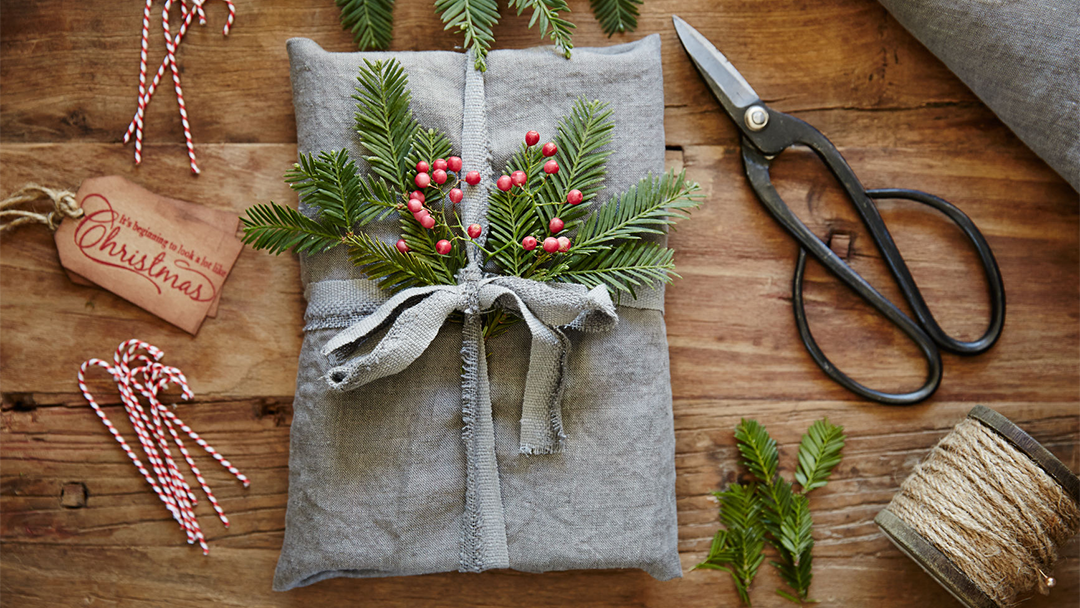
Deck the halls with sustainably grown holly.
It’s that time of year when we clean out our chimnies, hang up the stockings and leave out the biscuits and milk.
Yes, we’re talking Christmas.
It’s a time for getting together with families and friends, eating great food, enjoying a drink or two, and giving presents.
There’s no doubt giving and receiving gifts creates a lot of joy. But it also creates a lot of trash. And considering the plastic piling up at refuse stations as well as plastic continuing to litter our streets, beaches and waterways, we think it’s worth asking “can you have a Christmas free of single-use plastic?
You won’t be surprised to hear we think you can (or at the very least drastically reduce your use). So below are some tips and tricks to make sure your Christmas joy is maximised and your plastic waste is minimised.
- Buy experiences rather than stuff. Think about getting your loved ones a ticket to a concert, a festival, or a sports event. Buy them a voucher for a massage or haircut, or perhaps they could do with some cooking or dancing lessons? If you love them that much, you could even go with them!
- Pool your money with others to purchase one better quality present, rather than multiple lower quality ones.
- Wrap your gifts in something other than wrapping paper – like tea towels, nice fabrics, reusable gift bags or boxes. Wrapping paper is pretty crazy when you think about it. All those resources to make and transport it – only to get ripped up and thrown in the bin. Without wrapping paper, you won’t need sellotape either!
- Donate to a charity on their behalf. We appreciate this is still a hard one for lots of people to fathom, but think about giving to someone who’s more in need this Christmas.
- Offer people your services. Do some jobs around the house or in the garden, or perhaps cook a meal so your loved ones can go and do something they really enjoy, or just kick their feet up.
- Do they love listening to music, or watching documentaries or TV shows? Sign them up for (and pay for) their subscription to streaming services.
- Offer to pay their bills. We admit this one sounds pretty dull, but a lot of people would appreciate their bills being paid for them!
- Give a reusable gift. Ask yourself if your gift can be reused hundreds of times? And where will it end up?
- Purchase second-hand items, like clothing. Just check out your local second-hand clothing stores for some great gifts. According to a recent report by the Ellen MacArthur Foundation “A new textiles economy: Redesigning fashion’s future”, every second, the equivalent of one garbage truck of textiles is landfilled or burned. An estimated USD 500 billion value is lost every year due to clothing that’s barely worn and rarely recycled.
- Choose products that are made from recycled materials. Only 9 – 15% of plastics are recycled globally. A large reason for that is there is not enough demand for the recycled plastic.
Hopefully, there are some real gems in there. And hopefully, they help you to have a merrier Christmas.
We’d like to thank you all for your incredible support in helping us build awareness and momentum around solving the plastic pollution crisis AND let’s not forget the Government bag ban announcement!
We’ll leave you with one last thought. Do you remember what gifts you got for Christmas two years ago? What about last Christmas? And where are they now?
